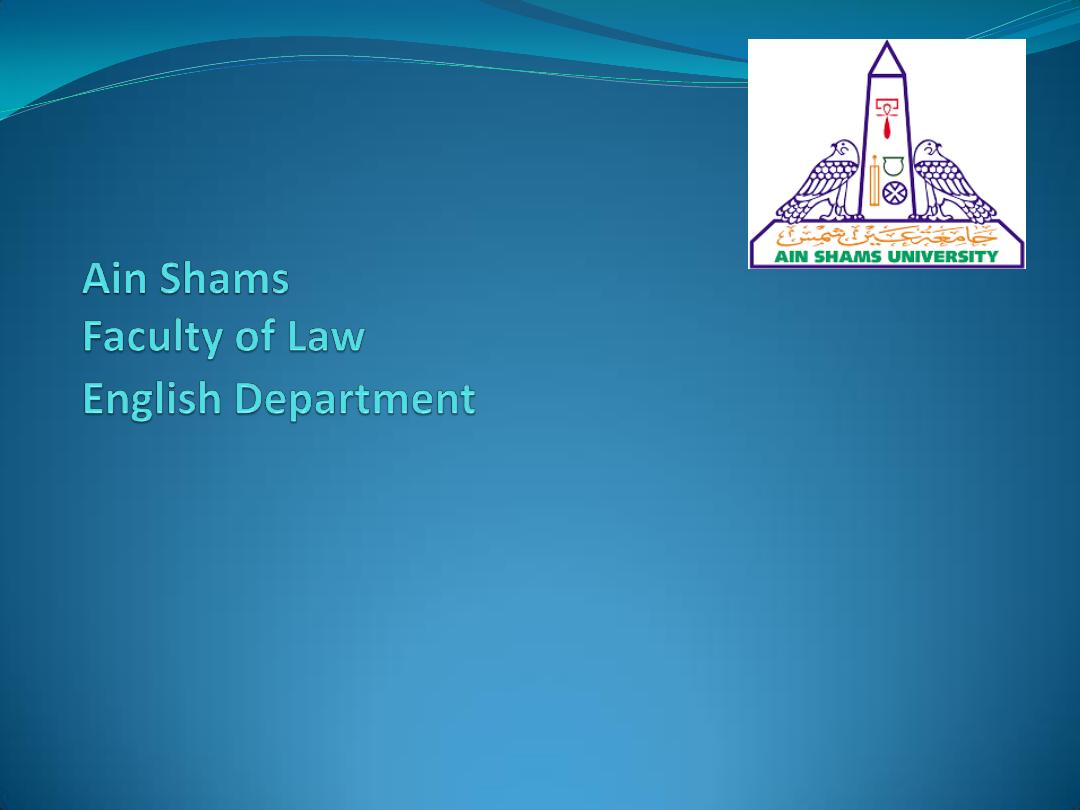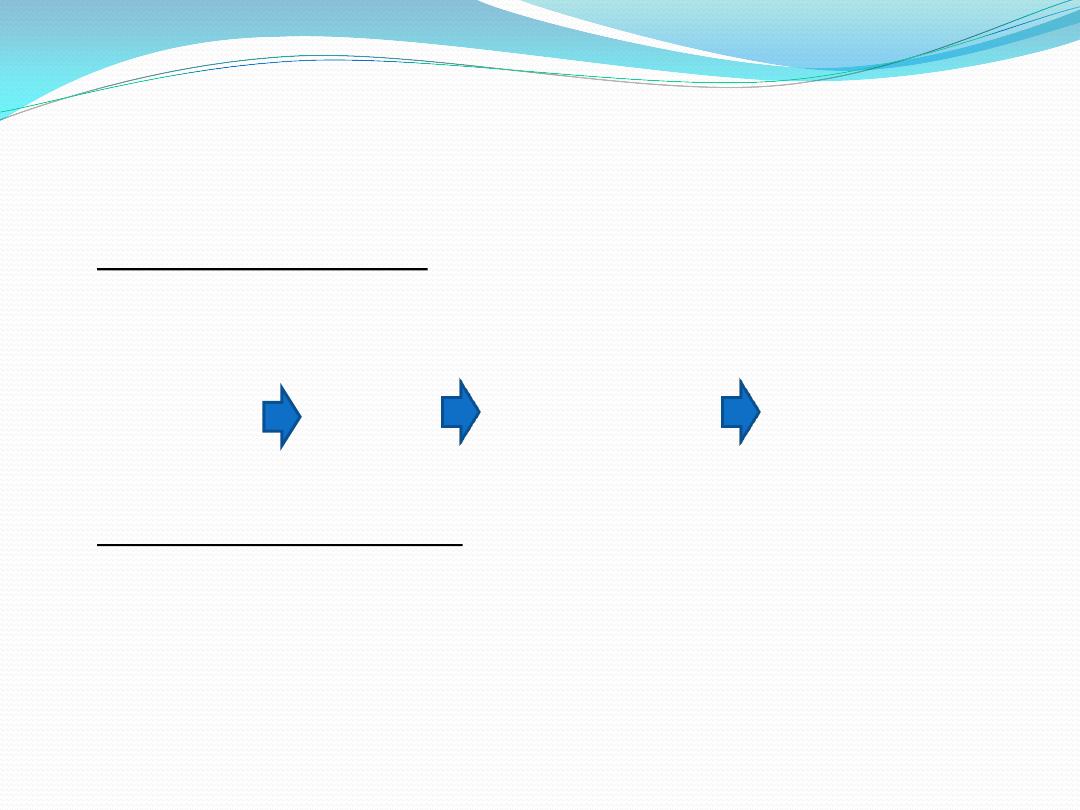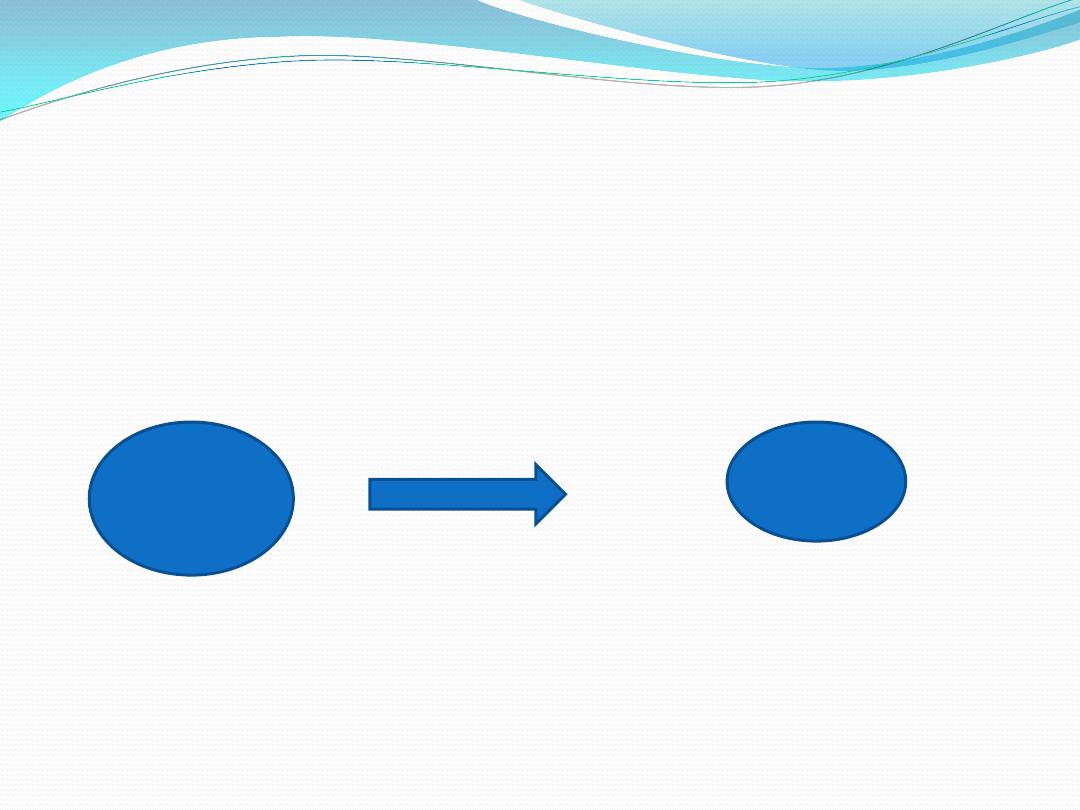
Dr Fatma Galal
Teacher at civil law department
Dr.fatmagalal.law@gmail.com

1- Be on time

2- Keep mobile silent

3- No side talking

Revision

Part 1: the law.
Chapter 1
:
Definition and characteristics of law:
law is a body of
general and abstract
rules which regulates
the
social
conduct of people and enforced by a
sanction
.
-
chapter 2
:Difference between
law
,
religion
and
morality.
-
chapter 3:
We classified law into public and private
laws…then studied branches of each of them.

Chapter 4: the sources of law
Sources of law are either formal or informal
Formal sources:
are those defined by law as a
source of the legal rule used in ruling disputes.
In Egyptian civil law: they are ordered as follows:
legislation custom Islamic law natural law .
Informal sources:
are those used to interpret rules
coming from any of the formal sources. They are
previous courts judgments and scientific opinions.

Chapter 5: The application of law.
1 -
imperative and facultative rules.
( Applying law according to the mandatory of
complementary nature of law).
2 - temporal application of law.
( the period of Applying certain law).
3 - territorial application of law.
( the place of applying certain law )

Section 2: temporal limits of the
application of law
Law governs only
facts
happening
from its coming into
force until its repeal.
Date of
the law
coming
into force
until
Repeal

Non- retroactivity rules
: means that a law can not be
govern facts which have arisen before it came into
force.
Reason of that: to protect private interests.
Ex: A contract valid under a certain law, can not be
nullified even if a new law which considered it invalid
is passed.

But law could be retroactive in 3 cases:
1- by express provision of law:
A Law could be retroactive if
stated expressly
on that.
But constitution stated that
criminal laws which are
unfavorable to the accused can never be retroactive.
Law is unfavorable if criminalizing act was allowed at the
time of committing it, or if increasing the punishment
than the old law.

2- if the rules of the law are imperative or of public
policy:
Ex: the rule stating that interest rate should not exceed
7% will reduce the interest in a contract stating
interest 9% even if they are concluded before its
coming into force.
3-
if it is a criminal law more favorable to the accused:
If the new law reducing punishment of removing
criminalization of certain act it will be applied on
crimes committed before its coming into force.

Section 3: territorial and personal
application of law
Territorial application of law:
means that laws of a certain
country are applicable all over its territory whether on
nationals or foreigners.
Ex: criminal law is applicable to all persons who commits a
crime on the Egyptian territory natives or foreigners.
Soooo, laws of certain state does not have effect outside its
territory.
An exception of that is the personal application
of law related
to family laws
Family law of one country governs its nationals whereever
they go. Son Egyptian family law applies onb egyptians living
in France.

Chapter 6: repeal of law
Definition: It is to take off the obligatory force so that
the law is no longer binding , repeal can only be made
by issuance authority or higher one.
Legislation can only be repealed by the legislative
authority while regulations can be repealed by
executive or legislative authority.
Repeal is either express ( by new law expressly
repealing the previous ) or tacit ( by a new contrary
article or complete law though it is not stating the
annulment of the old expressly )

Chapter 7: constitutionality of laws.
Statutes contrary to provisions of the constitution are
void.
Only the
supreme constitutional court
has the power
to declare this law
unconstitutional by a judgment
published in the
official journal to repeal
that law.

Chapter 8:interpretation of laws
Interpretation of unclear law may be :
1- judicial interpretation:
a court will not interpret a rule unless this was required to
solve a case before it.
Judicial interpretation is not binding but usually respected
especially if it was issued by the court of cassation.
2- legislative interpretation: the legislature may issue an
interpretative statute to clarify an old unclear law.
It is binding and applied from the date of old unclear law
coming into force.

3- doctrinal interpretation:
Interpretation made by law writers in their books,
articles and theses, it is not binging but usually
respected by courts.

